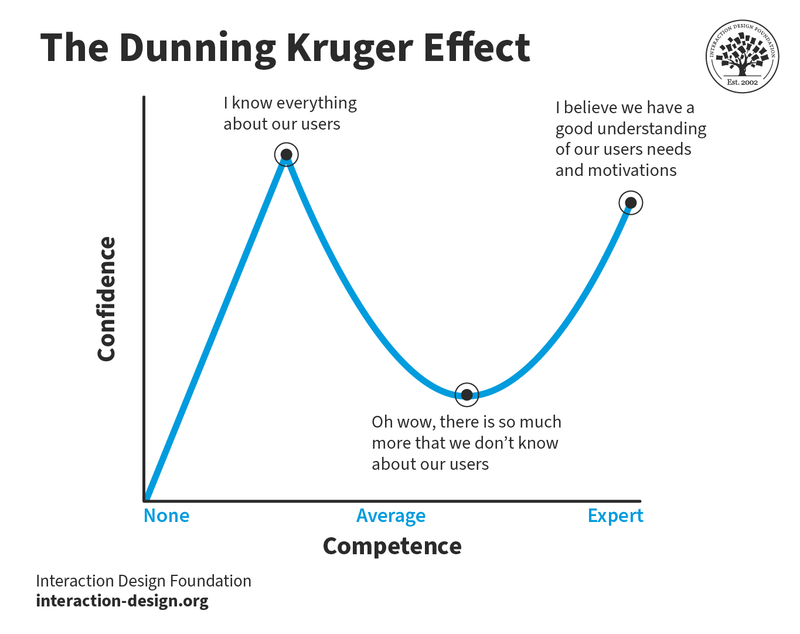Our daily communication shapes how others perceive us, and sometimes, unintentionally, we might come across as arrogant. Certain phrases, when used, can leave others feeling belittled, even if that’s not the intention. Being aware of these phrases and consciously avoiding them can improve your interactions and make them more positive. Let’s explore twelve phrases that can seem arrogant and consider more humble alternatives.
1. “I’m the best at this.”

Have you ever heard someone declare, “I’m the best at this”? It often comes off as boastful, even if the intention is to showcase competence. Instead of stating superiority, try sharing past experiences that highlight your skills. For instance, mention how a particular project succeeded due to teamwork.
Others are more receptive to stories of joint success rather than outright claims of being the best. Replacing arrogance with humility fosters collaboration and respect among peers. Did you know? Even top athletes often attribute their success to their coaches and teams, not just personal talent.
2. “You probably don’t understand.”

“You probably don’t understand” is a phrase that can alienate your audience. It implies a lack of capability on their part, which can be demoralizing. Instead, consider using inclusive language. Ask questions to gauge understanding or offer to explain further.
When people feel included in the conversation, they are more likely to engage and contribute. Encouragement and patience are traits that foster a positive environment. Remember, effective communication is about connection, not condescension. Famous educators often emphasize understanding over lecturing to build a rapport with students.
3. “I already knew that.”

Picture this: someone excitedly shares a piece of information, only to be met with “I already knew that.” This response can dampen enthusiasm and discourage further sharing. Instead of shutting down the conversation, try engaging with curiosity.
Ask questions that delve deeper into the topic or share related knowledge. By showing genuine interest, the dialogue becomes more enriching for both parties. Building connections is about mutual exchange, not one-upmanship. Fun Fact: Many lifelong learners believe that there’s always something new to learn, even on known topics.
4. “It’s simple, really.”

When someone says, “It’s simple, really,” it can undermine the complexity of a task or idea. This phrase might make those struggling feel inadequate. Instead, acknowledge the challenge and offer guidance.
Everyone’s learning curve is different, and what seems simple to one might not be for another. Encouragement and support are vital for growth. Emphasizing empathy over dismissiveness creates an atmosphere conducive to learning. Did you know? Even experts often revisit basics to refine their skills. Acknowledging complexity fosters a richer understanding.
5. “I don’t need help.”

“I don’t need help” might signal self-reliance, but it can also project arrogance, especially when teamwork is needed. Recognizing the value of collaboration and accepting assistance strengthens team dynamics.
Embrace the collective wisdom of those around you to achieve greater results. Sharing the load not only eases burdens but also strengthens bonds. Did you know? Many successful leaders credit their achievements to the collaborative efforts of their teams, not just individual prowess.
6. “I’ve done it all before.”

“I’ve done it all before” can stifle innovation and discourage fresh perspectives. Instead of shutting down new ideas, consider them with an open mind. A different viewpoint or approach might lead to breakthroughs.
Experience is invaluable, but so is adaptability. The world evolves, and staying open to change ensures continued relevance. Fun Fact: Some of the best innovations result from combining old wisdom with new insights.
7. “Let me show you how it’s done.”

The phrase “Let me show you how it’s done” can unintentionally come across as overbearing. It suggests that others are incapable without your intervention. Instead, offer to collaborate or discuss the process together.
This approach respects everyone’s capability and encourages sharing expertise. Team efforts often yield better results than solo endeavors. Did you know? In many cultures, teaching is more about sharing and mutual learning rather than dictating.
8. “I never make mistakes.”

Claiming “I never make mistakes” is not only unrealistic but can create a barrier with others. Admitting to mistakes and learning from them fosters growth and builds trust. Everyone errs, and it’s part of the human experience.
Sharing lessons from past errors can be insightful and promote a culture of openness. Many iconic figures have turned failures into stepping stones for success. Fun Fact: Thomas Edison’s failed attempts are as famous as his inventions, emphasizing persistence and learning.
9. “You wouldn’t understand.”

Telling someone “You wouldn’t understand” can close off communication. It implies a lack of common ground and can be quite dismissive. Instead, try to find ways to bridge the gap in understanding.
Open dialogue invites others into the conversation and fosters mutual respect. Building empathy and sharing knowledge enrich interactions. Did you know? Some of the greatest minds emphasize the importance of asking questions to promote learning and connection.
10. “I told you so.”

“I told you so” is often seen as a gloating remark, diminishing others’ experiences. While it might be tempting to point out past foresight, doing so can alienate others. Instead, focus on moving forward and finding solutions together.
Acknowledging collective efforts rather than individual predictions strengthens team spirit. Did you know? In many collaborative environments, the focus is on solutions rather than past errors to foster a more constructive atmosphere.
11. “That’s not how I do it.”

The phrase “That’s not how I do it” can stifle creativity and innovation. It implies that there is only one correct method, often your own. Instead, encourage different approaches and be open to experimentation.
Diverse perspectives can lead to novel solutions and improvements. Embracing change and accepting new methods fosters a dynamic and innovative environment. Did you know? Many industries thrive on adapting to new techniques and evolving their practices over time.
12. “I’m too good for this.”

Proclaiming “I’m too good for this” suggests disdain for certain tasks, which can appear condescending. Value is found in all roles and responsibilities, no matter how menial they may seem.
Taking pride in every aspect of work promotes a positive attitude and respect among peers. Many accomplished professionals highlight the importance of humility and dedication in their journey to success. Fun Fact: Some of the most successful leaders started in entry-level positions, valuing every step of their career path.

